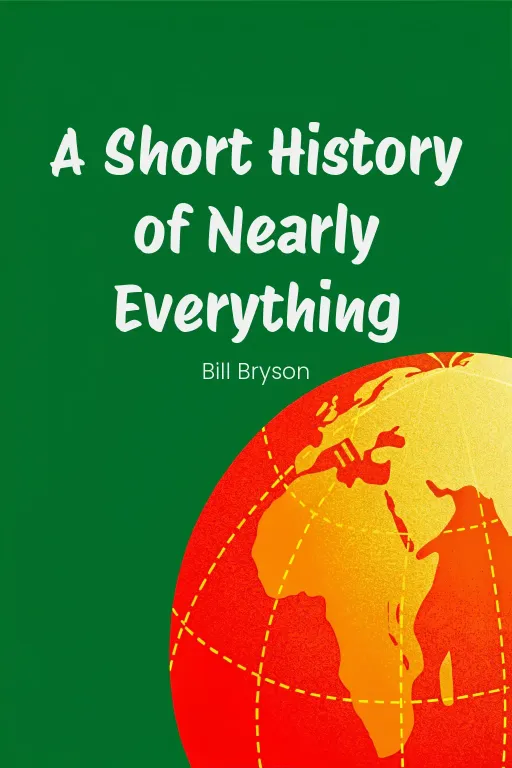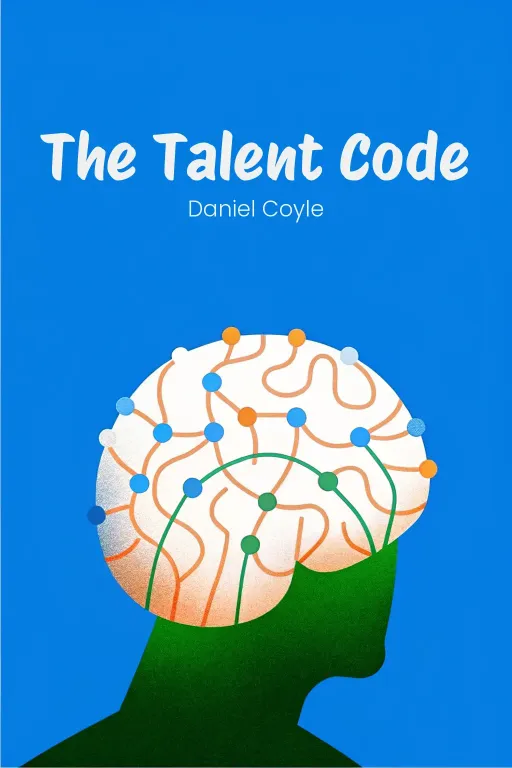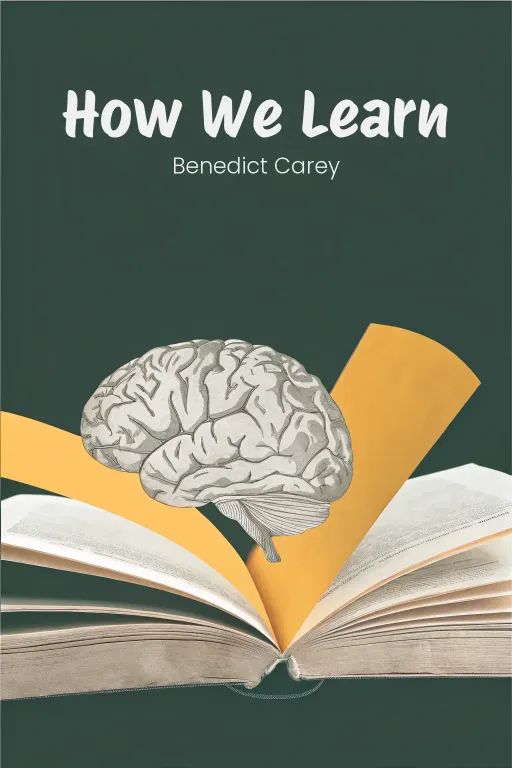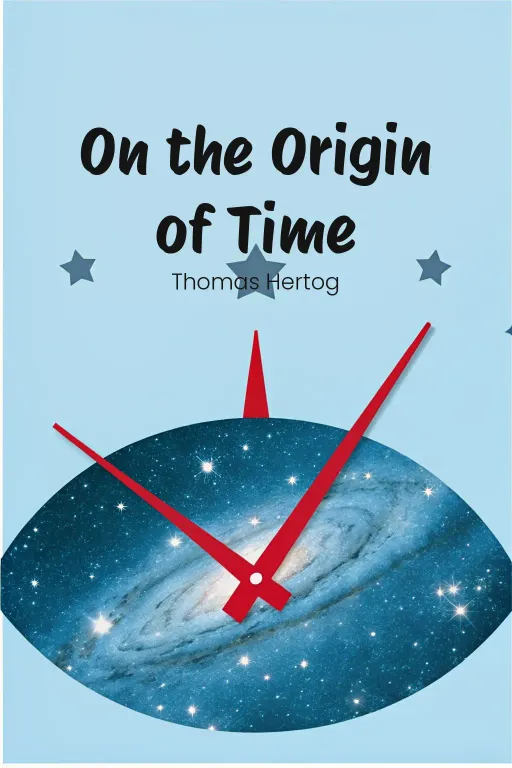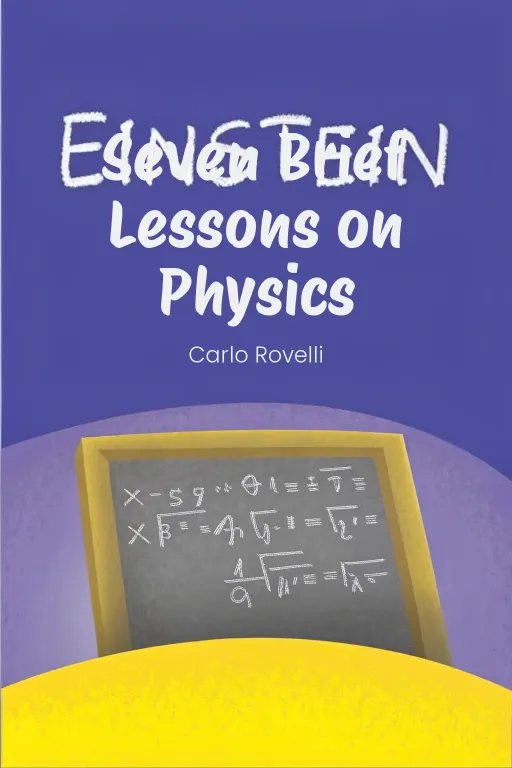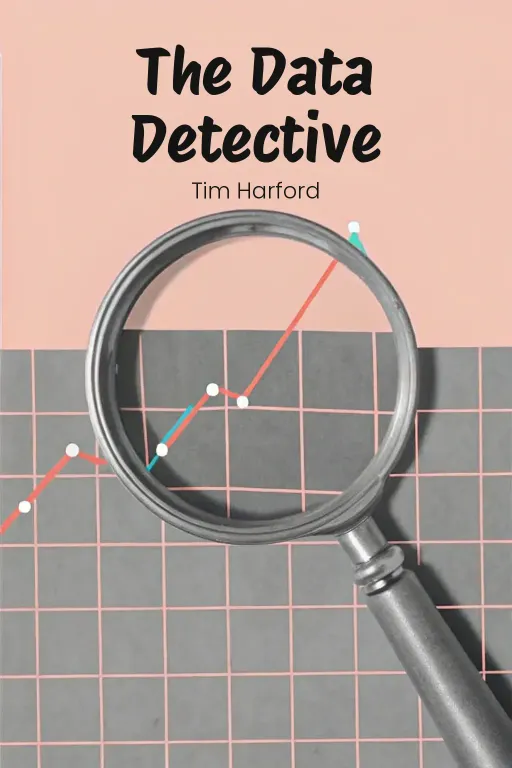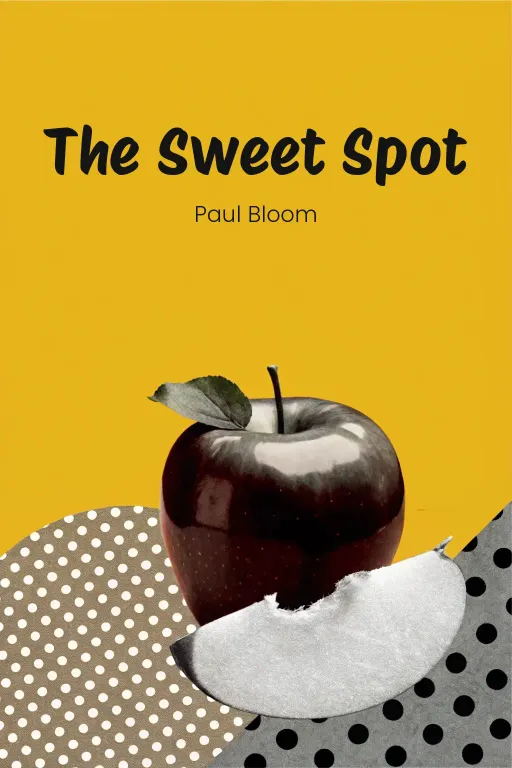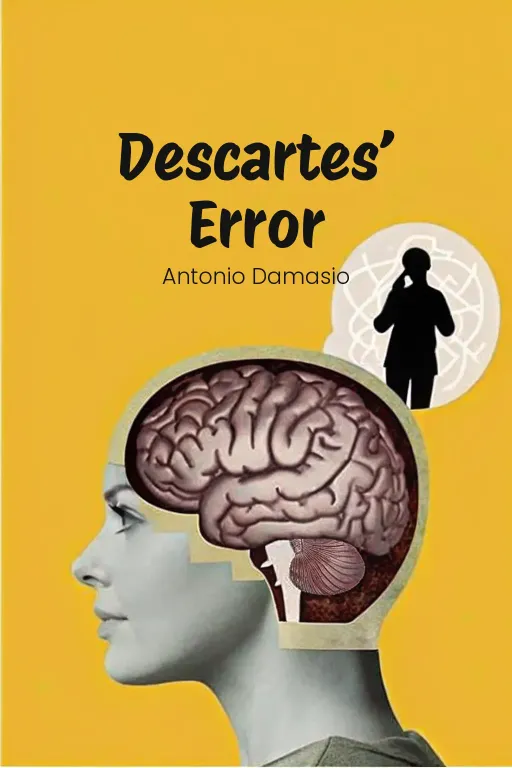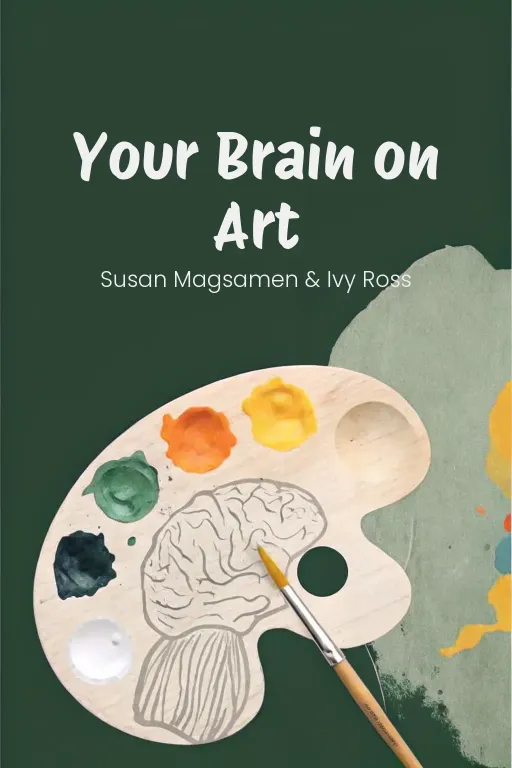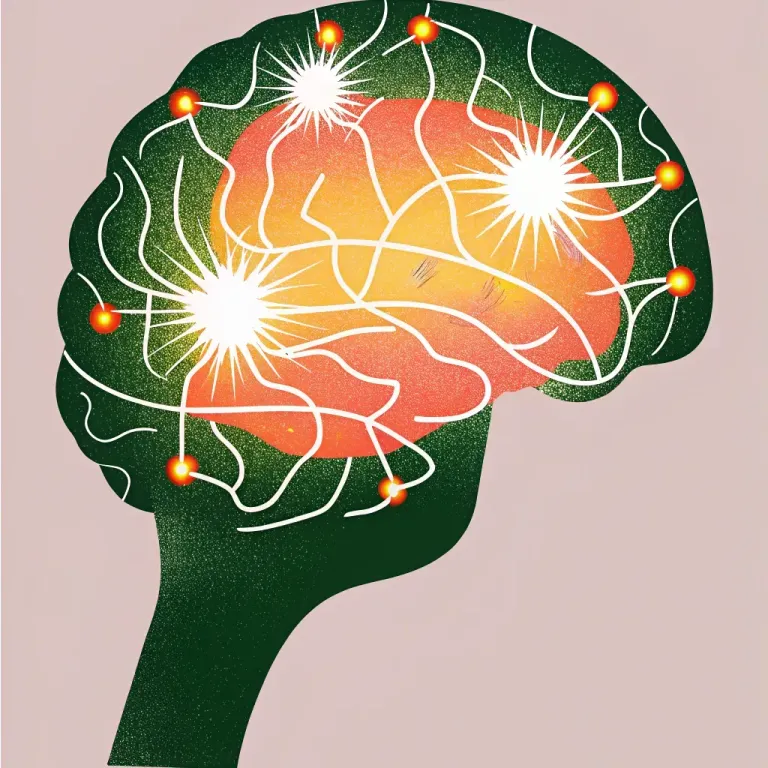
Smarter, Not Harder: Unlock Your Brain's Potential
Podcast by Wired In with Josh and Drew
The Surprising Truth About When, Where and Why It Happens
Introduction
Part 1
Josh: Hey everyone, welcome back to the podcast! Okay, quick question for you, Drew – have you ever crammed all night for an exam, only to have your brain completely blank out the next morning? Or maybe you’re constantly battling distractions, wondering if you’re just doomed to be unproductive? Drew: Josh, are you implying that my lack of focus and my forgetfulness are actually advantages? Because if so, I think this is the episode I was born to be on. Josh: <Laughs> Well, that’s… an interesting perspective! In How We Learn, Benedict Carey challenges everything we thought we knew about memory and learning. He throws out the old-school idea that rote memorization is the key, and instead gives us techniques like spaced repetition, mixing things up, and even using distractions, to make our brains work “smarter”. Drew: So, it's not just about forcing myself to sit there, motionless, and absorbing every fact in the book, but more about finding a way to work with the way my brain works? Josh: Precisely! Today, we’re going to dive into three major ideas from the book: first, the science behind how memory works and why forgetting is actually a “good” thing; second, practical, evidence-based strategies to study smarter, not harder; and finally, how using these techniques can boost your creativity and problem-solving skills. I like to think of it as planting a tree. We'll learn about the roots of how memory works, nurture it with clever study tips, and watch it grow into innovative thinking. Drew: A learning tree, huh? Okay, I’m intrigued... Just promise me it’s not one of those trees that I'll forget to water, alright?
The Science of Memory and Forgetting
Part 2
Josh: Okay, so picking up where we left off, let's dive into the fundamentals – what “is” memory, really, and how does it function? A lot of people assume memory is just a static database. You know, we store information and retrieve it whenever we need it. But actually, it's far more dynamic! It’s not solely about storage. Memory is about processing, reshaping, and in some cases, actively “choosing” to forget. Drew: So, it's less like a meticulously organized library and more similar to a bustling newsroom, where editors are continually rewriting headlines and trimming paragraphs to keep things relevant? Make sense? Josh: Exactly! Your hippocampus, for instance, functions almost like the editor-in-chief, determining which experiences are important or valuable enough to retain. Almost like drafting the first version of a story. Then, your neocortex takes over, filing the polished version away for long-term storage. But – and this is crucial – every time you revisit or recall that memory, you’re essentially revising it. It’s like opening an old document and tweaking it to fit the present. Drew: Right, so what you’re saying is every time I recall, say, winning that middle school spelling bee, I’m likely making myself seem a bit taller and the applause a bit louder in my memory? Josh: Precisely! That's the flexibility of memory, and it has a huge impact not just on how we retain, but also on how we interpret the past. For instance, emotional memories – like the stress of failure or the excitement of success – add their own special spin to what we remember. Over time, they can even completely change how we recall those events. Drew: Is this precisely why I cringe whenever I think about that time I mispronounced "segue" in public? Honestly, it feels like the embarrassment intensifies with each passing year. Josh: <Laughs> That’s a classic example. Your brain amplifies the emotional context, which makes that memory stick – although maybe a bit more dramatic than it originally was. This editing process also ties into the work of Hermann Ebbinghaus, the guy behind the famous "forgetting curve." Drew: Right, the guy who essentially became his own scientific guinea pig, endlessly repeating nonsense syllables. His major finding was that memory retention drops off a cliff pretty quickly—I recall that something like 70% of what you learn vanishes within 24 hours if you don't review it. Depressing, pretty accurate. Josh: It's true, but Ebbinghaus's work wasn't solely about showing the limits of memory. The real takeaway is that forgetting isn't just a brain malfunction. Actually it's more like a filter. Your brain is methodically Marie Kondo-ing your mental clutter, keeping what’s important and tossing out what doesn't "spark joy." Drew: Alright, but here’s what I don’t get. Granted that forgetting is so helpful, why does it always feel like my brain chooses to "declutter" the “wrong” things? Like someone's name midway through a conversation? Josh: <Laughs> It’s less about random forgetting and more about prioritizing. Your brain is naturally wired to focus on patterns and connections—it conserves energy that way. So, if you keep revisiting certain information, like quizzing yourself on historical dates or rethinking concepts in different situations, it reinforces those neural pathways. In essence, you’re signaling to your brain, "Hey, this “is” worth keeping!" Drew: Hence the whole concept of spaced repetition. Instead of cramming the night before an exam, you revisit the material in intervals – a day, a week, then longer stretches. Sort of like a gardener revisiting plants to water them at just the right intervals. Josh: Exactly! Each time you revisit, it strengthens the “roots” of that memory and keeps the forgetting curve at bay. And interestingly, the very act of retrieving something – even if you struggle to pull it out of your brain – is what makes it stick better the next time. It's called “retrieval practice.” Drew: Let me see if I get you. Even if I completely bomb a self-quiz, the sheer act of failing and then trying again is actually making me smarter in the long run? Josh: Precisely! It's like lifting weights. Those moments of mental strain create a little damage to that "memory muscle," which then rebuilds itself stronger than before. Drew: I'm starting to realize that a lot of this boils down to timing. Like Ebbinghaus emphasized – reviewing at the right intervals. Now, here's a question: If timing is so crucial to memory, what do you do when life throws you a curveball and you can't hit those perfect study windows? Josh: Great question. That's where understanding “how forgetting works” becomes really valuable. Forgetting isn't permanent. Your brain can actually improve recall over time, as long as you circle back to the material. Think of it like baking bread, you knead the dough, let it rest, then go back to kneading, and each round the dough becomes more elastic. Those breaks, or "rest periods," actually help your brain consolidate the material during downtime. Drew: And that downtime is where the magic happens? What did you call it again – the spontaneous memory thing? Josh: Yes! Spontaneous memory improvement. Isn’t it fascinating how your brain keeps working away in the background? Take, for example, when you leave a particularly frustrating problem unsolved, your subconscious keeps chewing on it. That’s also why people often have "aha" moments while showering or taking a walk – it's your brain finally piecing ideas together when you're not actively working on them. Drew: Ok, so you saying my habit of "procrastinating" by taking three coffee breaks might actually be a secret productivity hack? Josh: <Laughs> Well, it depends. If you genuinely disengage for a bit and then come back with fresh eyes, that kind of spacing out might just help you connect the mental dots. Just try not to turn the coffee break into an all-day Netflix binge, and you’re good. Drew: Duly noted. So far, I’m finding this all incredibly counterintuitive – for example, that forgetting can actually “help” us remember better. What about that study where they found that studying in varied settings led to better retention? Josh: Ah, environmental context is huge. Basically, one experiment compared learners who memorized words in a single setting to those who studied the same material in different rooms. The latter group had better recall because their brains linked the memories to more diverse cues, making it easier to retrieve that information later. It’s like giving your brain multiple "passwords" to access the same memory. Drew: So, switching things up – studying at a café one day and at home the next – could actually lock in memories more effectively than sitting in the same corner of the library every day? Josh: Precisely. It encourages your brain to form stronger, more adaptable connections. Combine that with retrieval practice and spaced repetition, and you’ve got a winning study routine. Drew: Alright, I’ve got my brain editors, forgetting filters, spaced gardening, and context passwords. Is there anything else I should add to my memory toolbox? Josh: Definitely – one of the biggest takeaways here is that memory is dynamic and deeply personal. The more you align your habits with how your brain “naturally” functions, the more effective and enjoyable learning becomes. And it all begins with accepting that forgetting is a natural part of the process, not the enemy. Drew: That’s a pretty refreshing attitude. I think I’m finally starting to forgive my brain for all of those forgotten passwords and misplaced keys…I’m still working on forgiving myself for my middle school spelling bee cringe, though.
Effective Learning Strategies
Part 3
Josh: You know, understanding how memory functions really opens doors to learning strategies that work “with” your brain instead of against it. It's amazing how, once your study habits align with your natural cognitive processes, things click into place—like hitting a flow state rather than wading through mud. Drew: Alright, let’s dive in. Are we talking about finally learning how to biohack my brain without having to, you know, live in a sensory deprivation tank? Josh: <Laughs> Nothing quite that extreme. Let's start with spaced repetition. It’s a bit counterintuitive, but the science behind it is rock solid. Drew: You’ve mentioned this before—basically, giving your brain breathing room between study sessions. But here’s the thing: if spacing things out is so effective, why isn’t everyone doing it? Why does cramming still exist? Josh: Because cramming gives you this “illusion” of productivity. In the short term, it feels like you're absorbing tons of information because you’re drowning in it. But your brain actually needs time to, you know, process and consolidate. Spaced repetition tackles this head-on by revisiting information at increasing intervals, forcing your brain to actively retrieve information when it’s on the verge of fading. Drew: Ah, Ebbinghaus and his forgetting curve, right? Basically, mapping out how quickly new information leaks out of our brains. Wasn't it something like, what, 70% gone within 24 hours? Josh: Exactly! And that's where spaced repetition steps in to slow that process. Think of it like tending a garden: you water a little bit at a time, giving each plant what it needs, instead of flooding the whole thing once! Drew: But it's not just about watering, it's about when you water, right? How do you figure out the right timing—the optimal watering schedule—for revisiting information? Josh: That’s where spaced repetition algorithms shine, like the ones in apps like Anki or Quizlet. They calculate the ideal timing based on your likelihood of remembering something. Even if you go solo, a simple rule of thumb is to revisit material after a day, then three days, then a week, gradually increasing the intervals. Drew: Okay, pretty scientific. But do we have any real-world proof that this actually works? Josh: Absolutely. Harry Bahrick—often called the "Father of Long-Term Memory Research"—did this fascinating study where he tested students learning foreign vocab. One group crammed, and the other used spaced practice over weeks. The results? The spaced repetition group completely dominated. Drew: Dominated, as in, the crammers didn’t stand a chance? Josh: Pretty much! The crammers could recall the words for a bit, but the spaced study group retained them weeks, even months later. By spacing those sessions, they gave their brains the time needed to cement that information in long-term memory. Drew: Okay, spaced repetition gets my vote. What's the next mind-blowing tactic? Josh: Interleaved practice. It's basically mixing different topics together during your study sessions instead of sticking to one thing at a time. Drew: Wait, that sounds like a recipe for chaos! Like, flipping between algebra, historical timelines, and French verbs… Wouldn’t that just overload my brain? Josh: It feels counterintuitive, but that's the whole point—it actually forces your brain to work harder, making the learning deeper. Think about athletes – they don't just practice one free throw over and over; they mix in layups, three-pointers, and defensive drills. It preps them for the unpredictable nature of a real game. Drew: Right, brain cross-training. Got it. Any lab tests to back this up? Josh: Absolutely! In a great study by Kornell and Bjork, students were learning to identify painting styles by different artists. One group studied artists in blocks, and the other saw a mixed-up sequence of paintings. The interleaved group was significantly better at recognizing the styles on a later test. The act of switching between topics made them pay more attention and really grasp the distinctions. Drew: So, the blocked group ended up like, "Was this Monet or Van Gogh? Whatever—it's all blurry now." Josh: More or less. Interleaved practice forces you to analyze and compare, which leads to much better long-term understanding. Drew: Makes sense for art or sports, but could I use this for something else, like, say, learning math formulas or programming? Josh: Definitely. For math, instead of just doing ten identical problems, mix in different types—algebra, geometry, even word problems. Or for programming, alternate between writing code, debugging, and reviewing syntax rules. That mix forces your brain to identify patterns across contexts. Drew: Okay, spaced repetition? Check. Interleaved practice? Check and check. What's the final touch here? Josh: Testing – but using it as a learning tool. We think tests are all about evaluation, but when you self-test during study sessions, you're rewiring your brain and strengthening memory. It's called retrieval practice. Drew: So, testing isn’t just about finding out what I don’t know—it actually helps me learn? Josh: Seriously! Think of your brain like a muscle. Each time you flex that muscle to pull something from memory, you build stronger connections. Even if you get questions wrong, the act of trying to retrieve answers strengthens recall in the future. Plus, you know, it highlights the gaps in your knowledge. Drew: What about just casually rereading notes or textbooks? Isn't that enough? Josh: That’s what's called the fluency illusion. Your brain tricks you into thinking you've mastered something simply because it looks familiar. Self-testing shatters the illusion and makes you face what you truly understand versus what you've only skimmed. Drew: So you’re saying the effort is the learning? Josh: In a way, yes. Each time you struggle to pull an answer from memory, you’re making it stick a little better. Over time, these small retrieval efforts add up, making recall in real-world settings, like exams or job interviews, much easier.
Creativity and Problem-Solving Through Learning
Part 4
Josh: So, with these strategies in mind, let’s dive into how broader cognitive processes, like creativity and problem-solving, are actually influenced by our learning methods. It's really fascinating how connecting specific techniques to these bigger mental processes highlights the transformative power of, you know, adaptive learning. Let's kick things off with something that might feel a bit counterintuitive, that's how distractions and stepping away from a problem can actually “help” us to be more creative. Drew: Distractions, huh? Are we finally retiring the phrase "bad habit" when we talk about procrastination? Is this where you tell me that my constant wandering mind is secretly a creative genius while I'm just scrolling through Instagram? Josh: Well, it really depends on the kind of distraction. Let me introduce you to the Zeigarnik Effect, named after Bluma Zeigarnik, a psychologist. The basic idea is that unfinished tasks kind of stick in your brain, like little mental burrs. They create this low-level tension that keeps them simmering in your subconscious. But, and here's the key, that simmering often leads to breakthroughs. So, when you step away from a challenge, your brain keeps working on it in the background. Isn't that wild? Drew: Okay, so hear me out: when I abandon my computer mid-project to, say, reorganize my bookshelf, I’m not “avoiding work,” I’m facilitating subconscious problem-solving. Am I getting this right? Josh: More or less, yes! The perfect illustration of this comes straight from Zeigarnik's original research. Back in the 1920s, she noticed that waitstaff at a Berlin café could easily remember customer orders...but only until the order was actually completed. The second the task was done, poof! Information gone. Intrigued, Zeigarnik ran experiments where she would interrupt participants while they worked on puzzles or different tasks. So, the results? People were much more likely to remember the tasks they hadn't finished, versus the ones they had completed. Drew: You're telling me science literally says it’s okay to leave things unfinished, because my subconscious will pick up the slack? Josh: To a point, yes, exactly! When you're truly stuck on a problem, taking intentional breaks– a walk, a brief switch to another task– it can create the mental space for insights to surface. Think of it like baking bread. If you knead it non-stop, the dough never gets a chance to actually rise. It's the pause that actually allows the brain to churn ideas. Drew: That's kind of genius, actually. How many times have you had those, you know, "Aha!" moments in the shower or drifting off to sleep? It's gotta be connected. Josh: Absolutely, yes! That's where, you know, the Zeigarnik Effect combines with another truly powerful cognitive process, memory consolidation during sleep. Drew: Ah, sleep, the underrated MVP of learning. It feels like whenever people discuss memory and focus, sleep is the quiet hero everyone forgets to appreciate. Josh: Right? Sleep isn’t just rest. It’s actually when your brain is actively processing and organizing information. During NREM sleep, your brain strengthens neural connections and really locks in factual memories, like everything you crammed for that history test. Then, during REM sleep, it gets creative. It synthesizes information, solves problems, and can even make abstract connections that might not even occur to you when you're awake. Drew: Let me guess. This is why cramming all night before an exam never works. You're basically robbing your brain of the chance to do its memory housekeeping. Josh: Exactly. Without enough sleep, your brain actually skips one of its most crucial functions –deciding which memories to keep and which to toss. It's like running a factory, but, you know, skipping the quality control team. One study actually found that students who slept after studying retained significantly more material– and were also better at problem-solving– than those who stayed up all night reviewing. Drew: Wait a minute. Better at problem-solving too? So it's not just rote recall, it's creativity, efficiency...the whole shebang? Josh: Yes! Precisely! This connects to what we call the "Night Shift Theory." So, during sleep, your brain synthesizes ideas from your day and connects seemingly unrelated pieces of information. That's why solutions to super complex problems sometimes feel like they just fall into your lap in the morning. They've been brewing overnight while you were dreaming. Drew: Alright, so my constant struggle to debug code at 2 AM is self-sabotage, and I should just go to bed! Noted. But, let's get practical here. How do we actually use these insights about distraction and sleep? Josh: First, embrace structured breaks when you feel yourself getting stuck. Consciously step away from the task at hand and just let your brain incubate the problem. Second, treat sleep as a part of your actual learning routine, not just something you do when everything else is finished. So, if you're studying for an exam, review the super tricky material earlier in the day so it has a chance to get processed during sleep that night. Drew: So, no more 11 PM cram sessions hoping for divine intervention. Josh: Exactly! Remember that creativity and problem-solving are nonlinear. They actually thrive on balance. You know, active focused effort, those intentional breaks, and, of course, proper sleep– they all work together to optimize insights and decisions Drew: Okay, so distractions aren’t always the enemy after all. Between the Zeigarnik Effect and the powerhouse that is sleep, it seems like leaning into our natural rhythms actually makes us better thinkers overall. Josh: Absolutely. By understanding and actually leveraging these processes, we don't just solve problems, we become more adaptable, resourceful, and creative in how we approach learning itself.
Conclusion
Part 5
Josh: Okay, let's recap Today, we really dug into how learning and memory “actually” work We started by looking at the biology behind memory formation and why forgetting isn't just a nuisance—it's actually vital for focusing on what matters Drew: Right, and then we got into some seriously effective strategies: spaced repetition, interleaved practice, and self-testing It turns out, just tweaking “how” and “when” you review stuff can seriously boost your brain's ability to remember things Josh: Exactly! And finally, we looked at how creativity and problem-solving can benefit from some seemingly odd habits, like taking intentional breaks, leveraging the Zeigarnik Effect, and prioritizing sleep Drew: So, the key takeaway here? Basically, work “with” your brain, not against it Whether it's allowing yourself to forget to reinforce later, mixing up what you study, or taking breaks from unfinished tasks, trust your mind's natural rhythms Josh: Precisely So, here’s your challenge for this week: pick “one” of these techniques and give it a shot Maybe space out your study sessions, start testing yourself, or finally catch up on sleep See what makes a difference for you Drew: Because honestly, what's even better than "hacking" your brain? Realizing it was already working perfectly fine in the first place Josh: Couldn't have said it better Until next time, happy learning—and don't forget to take those breaks, everyone! Drew: Or those naps Definitely the naps
